Enterprise SEO Audits Process: Conducting an Enterprise SEO Audit for Your Website

At the enterprise level, an SEO auditor must evaluate all potential on-site and off-site factors to understand the website’s organic visibility and determine the viability of SEO as a marketing channel. An enterprise SEO audit should also consider how the website’s performance compares to competing sites in the SERPs (search engine results pages).
Large organizations often have large, technically-complicated websites. These include highly dynamic websites that may have thousands of web pages across many subdomains. Many business websites are a “Frankenstein’s monster” of several different websites, often duct-taped together with blatant disregard for the concept of an SEO strategy.
The best SEO audits for enterprise-level companies come from a skilled, experienced and business-savvy SEO consultant willing to learn about the nuances of your business, industry, and market. While traditional search engine optimization best practices, strategies and tactics apply to enterprise businesses, the research, discovery, implementation, and execution are entirely different beasts. The stakes are also far higher.
Unless already an expert in your business or industry, the SEO auditor must gain a strong understanding of your enterprise to provide maximum value, especially when it comes to things like keyword research and competitive analysis.
An enterprise SEO audit isn’t something large organizations or corporations can afford to take lightly. There are no shortcuts with search engine optimization, so don’t base your enterprise SEO strategy from an SEO audit checklist you found on the web. Millions of dollars or more are at stake with search engine optimization for businesses looking to compete at the enterprise level. At this level, most of your competition has likely invested heavily in search engine marketing tactics like SEO and PPC for over a decade.
For some businesses, simply outranking competitors in search engines like Google is enough to claim a dominant market share. In 2022, where a business ranks on Google can make or break the company. After conducting an enterprise SEO audit, you will gain an understanding of what types of enterprise SEO services make the most sense for your organization.
What is an Enterprise SEO Audit?
An SEO audit analyzes all aspects of a website’s ability to rank in organic search engines like Google. At the enterprise level, you must be even more meticulous. A comprehensive enterprise SEO audit requires diving deep into on-site and off-site SEO factors, including technical performance, backlink profile, plus competitor performance. An enterprise SEO audit will leave no stone unturned in discovering potential issues that could be hindering the website’s ability to rank for the most lucrative/qualified search terms available for the business.
For any business, an SEO audit should approximate the value of all potential organic search traffic your enterprise website could be getting organically from SEO, assuming your key pages ranked in the top positions for the most qualified, high-volume keywords. Once you understand the value of ranking #1 for your target keywords, you can better estimate a budget and allocate the appropriate resources to accomplish your goal. It will also help prioritize and budget your tasks while ensuring a positive ROI from SEO as a marketing channel.
An enterprise SEO audit aims to determine how a business can best utilize SEO as a marketing channel. It should help determine what a successful SEO campaign would look like for the current website and outline the scope of the resources needed. An enterprise SEO audit must also consider the overall competitiveness of the industry. The audit should identify all strengths and weaknesses of the website that affect organic visibility. A well-executed SEO audit can serve as a punch list of task ideas and be used to develop, support, or execute an active enterprise SEO strategy for your organization.
Different Types of Enterprise SEO Audits
There are no hard-and-fast rules or predefined types of enterprise SEO audits. Instead, an enterprise SEO auditor will base the audit on the scope or budget of the project itself. For example, it could take an experienced SEO consultant several hours or more of investigation to get a pulse on a large company’s organic visibility and identify how long a thorough enterprise SEO audit would take for that particular organization.
Tools and Software are Used in Enterprise SEO Audits
SEO Industry Tools:
- Ahrefs
- SEMRush
- GTMetrix
- Google Search Console
- Google’s Structured Data Testing Tool
- Google’s PageSpeed Insights
- Google Analytics
Google Search Console and Google Analytics are the best place to start for an enterprise-level SEO audit. SEO tools like Ahrefs and SEMRush will also crawl and audit your website.
Dedicated Website Crawlers:
Tasks Performed In an Enterprise SEO Audit
The tasks included in an enterprise SEO audit depend on the scope of the audit itself and the business, and consider any existing SEO strategy. Sure, enterprise-level organizations tend to have large, unnecessarily complicated websites with hundreds or thousands of unique pages, but that doesn’t mean every SEO audit has to be comprehensive to be worthwhile.
First, your business must determine an appropriate scope for your enterprise’s SEO audit project. Your company has decided that SEO is worth pursuing and needs to determine the initial investment necessary to begin the discovery phase.
A professional and thorough enterprise SEO audit will cover all SEO bases, including:
- Keyword Strategy, Execution, & Content Value
- On-Page SEO elements (titles, headers, internal linking, anchor text, etc.)
- Website structure, URL hierarchy and naming convention technical SEO Factors (indexation, crawlability, code, mobile-friendliness, sitemap, robots.txt)
- Website Speed, Performance & Security
- External Backlink Link Profile
- Social Media Utilization
- CRO
- Image & Content Delivery
- Integrations & SEO Impact
Keyword strategy, execution, and content quality
Which keywords your business targets, and the on-page placement and strategic incorporation of those keywords in content, metadata and other places play a prominent role in your website’s organic visibility and organic traffic. An enterprise SEO audit will determine what keywords are currently being targeted and how well your enterprise website is optimized for those keywords. It will also determine if there are more appropriate or lucrative keywords that make more sense for your business to target.
When it comes to keywords for your business, think:
- Relevance: Would the content on the page you want to rank for the targeted keyword satisfy the search query?
- Volume: Is there a similar keyword that gets searched more frequently than could be targeted instead?
- Search Intent: Does the keyword somehow indicate that the searcher would be more likely to become a qualified lead or complete the desired action on your website?
- Attainability: How difficult would it be to rank in the top 3 of Google for this keyword?
- Industry Terms: Are there other keywords or ways that people might search for the same product or service specific to your industry’s products or services? For example, are product SKUs commonly searched in your niche? Then do the keyword research to identify which SKUs are most commonly searched in Google, prioritize which would be most valuable for your business, and optimize your website for those keywords.
An enterprise SEO audit will also review your content’s overall quality and organic value. This includes reviewing all of your website’s keyword rankings, featured snippets in Google, and more.
Enterprise organizations often have many informational pages, like PDFs, articles, product bulletins, blogs, etc. An effective SEO auditor will use various software and digital marketing skills to evaluate your website’s content and content strategy from an SEO perspective.
On-Page SEO elements
An enterprise SEO auditor will review your web pages and on-page SEO elements to ensure your target keywords are strategically incorporated. These include the HTML tags and title of your web pages, content headers and their formatting within the code, internal links to other pages on your site and the anchor text they employ, and much more. It is vital to ensure that all on-page SEO elements are well-optimized for the right keywords for your enterprise.
By including keywords in the title, meta description, and headers of this page, we have a direct means of letting Google know what our content is about and what keywords we expect it to rank for.
Website structure, URL hierarchy and naming conventions
Your website structure and URLs are one of the best ways to communicate to search engines and users what content they can expect to find on a given page. It is essential that your URLs are cleanly formatted, concise, and incorporate target keywords whenever logical.
However, with large scale enterprise websites, URLs are often dynamically generated. There also may be dozens of authors adding new content to your website regularly. A professional enterprise SEO auditor reviews the existing URLs and identifies how to fix mistakes and optimize dynamic URL generation for future pages.
Technical SEO Factors
An enterprise SEO audit must also review any technical factors that could affect organic visibility, including:
- Indexation: Do Google and other search engines index your pages? What is your total percentage of indexed pages?
- Crawlability: Can the website be crawled and digested by search engine bots from a technical perspective?
- Content Delivery: How are images, fonts, and other assets hosted and served, and what are the SEO implications of these methods?
- Code: Is the website code clean, well-formatted, and minified?
- Mobile-friendliness: Is the website accessible and user-friendly across all devices and browsers?
- Sitemap: Is the sitemap accessible and does it contain all of the pages that you want search engines to index? Is the sitemap appropriately configured and submitted to Google?
- Server File Configuration: If a plugin doesn’t manage your 301 redirects, find them within your server’s .htaccess file or webconfig file. These configurations have big SEO implications.
- Robots.txt: Does the robots.txt file allow and disallow the correct files, folders, and paths?
Website Speed, Performance & Security
Technical SEO factors are crucial for your enterprise website’s success. Google considers loading speed and security protocols like HTTPS in its ranking algorithm. A fast and secure website for your visitors, too. There are a variety of tools available that can help you test your website’s speed and performance, including:
An experienced SEO professional reviews the information from these tools to make intelligent decisions that strategically improve your website’s performance. They will have experience making technical improvements with your website programming languages and CMS. They will also understand what changes will have the most impact on SEO and organic visibility. This experience goes a long way in digesting the wealth of information provided in site speed tools and making intelligent, budget-focused improvements.
Since web development tasks can be costly to implement, enterprise-level organizations must be confident any website changes will positively impact SEO and the website’s organic rankings.
External Backlink Link Profile
Your enterprise-level organization will likely have earned links from hundreds or thousands of distinct domains. An enterprise SEO audit will thoroughly examine all backlinks on the web that point to your website. It will especially consider:
- Overall Authority of Your Domain: The combined quantity, relevance, and authority of other domains linking to your website and/or to competitor websites. All of the major SEO tools provide a proprietary metric that evaluates your domain’s authority.
- Anchor text usage: What clickable words do external websites use when linking to various pages and existing content within your website?
- Broken Inbound Links / 404 pages
- Negative SEO/ Spammy Links: Just as good links can help you, bad links can be potentially hurtful. Google created a disavow tool to allow you to tell them which links you want them to “count” and which you don’t. The tool is typically only necessary in extreme circumstances or if you think a competitor is actively trying to perform “negative SEO” on your site.
Social Media Utilization
How your business chooses to utilize social media has SEO ramifications. Google and other search engines pay attention to your social media presence, followers, and engagement. If applicable, your Google Business profile is especially valuable for SEO.
The best social media marketing and SEO strategies are aligned to work together and maximize the impact of each.
For example, running a social media contest that helps your business earn backlinks would have far-reaching social media and SEO impact.
An enterprise SEO audit will review all of your social media profiles, examine how they relate to the website, and determine the strengths and weaknesses of your social media utilization as it pertains to organic search engine visibility.
UX, UI, & Conversion Rate Optimization (CRO) Services
While true user experience design and user interface design require separate, focused audits, an SEO audit should still review the user experience of the website and study analytical data like user flow charts and behavioral patterns. These can provide invaluable insights into CRO and other website improvements, especially those that would have positive SEO effects.
Conversion Rate Optimization (CRO) involves studying your visitors’ behavior and reviewing website data to make website changes aimed at improving the website’s conversion rate. While CRO isn’t directly related to SEO, there are many indirect relations that make CRO opportunities worth noting in an enterprise SEO audit:
- Changes implemented as part of a CRO strategy need to consider SEO best practices. For example, if you’re adding inventory levels on a page to improve conversions, you’ll want to mark that up with structured data for SEO purposes.
- CRO will improve user experience and bounce rate, typically with indirect SEO benefits.
Managing Web Assets: Image & Content Delivery
Great photography is a crucial component of a professionally designed website, but image files must be optimized for search engines to maximize their SEO value. Everything from the name of the image to the size of an image file will have an SEO impact. If you rely on a 3rd party to host your photos or other files, you may need to ensure the platform keeps you in control of your assets and how they are delivered.
Content Delivery Networks (CDN) are external services that allow a website to host files like videos, images, fonts, java scripts, and more on a separate server. There are advantages and disadvantages to handling image and content delivery regardless of which methods you choose.
An experienced enterprise SEO auditor will have experience working with various CDN and will know the strengths and weaknesses of your website’s server, web languages, and platform/CMS. They will review how your website handles content and asset delivery to identify technical strengths and weaknesses, and compare your performance to your competitors.
Integration Assessment
Enterprise organizations must ensure that their business applications and web properties integrate seamlessly. Modern businesses leverage cloud-based services for CRM and ERP, many boasting built-in SEO features. But the way these various applications are configured and connected can have SEO ramifications. Things to consider:
- Integration with ERP should be done with SEO in mind. Read our ERP integration guide for eCommerce sites.
- Canonical tags are necessary to avoid duplicate content issues.
- For eCommerce enterprises, databases are strategically programmed to ensure all pertinent product attributes are available to generate dynamic structured data / Schema markup or other structured data.
- Review all web page templates, especially those generated by any integrated business applications, and align with SEO best practices. Dynamically-generated content is more valuable when primed for digestion by search engines.
- Block any subdomains or unnecessary sections that you don’t want in Google’s index in your Robots.txt file or with other web development services.
Enterprise SEO Pricing & Cost
Enterprise SEO costs range from $5,000 – $25,000+ per month and will depend on the needs of your business and the competitiveness of your industry. Enterprise SEO services utilize highly-skilled labor from various experts, including SEM & SEO strategists, specialists, and web development consultants. Learn more about standard SEO pricing models and costs.
Enterprise SEO Audit Frequency
Conducting a thorough SEO audit for your enterprise is only the beginning. It’s best to do a basic SEO audit monthly and a comprehensive audit several times per year. New content and developmental changes are made almost daily with a large website. It’s equally important to continue to monitor the website and its performance in search engines.
Many enterprise-level organizations have systems in place to monitor SEO performance in real-time. Most organizations partner with an SEO agency or have an in-house SEO team to accomplish this.
Unfortunately, most enterprises that do their own SEO lack the expertise of an established SEO agency and end up leaving money on the table.
KodingWeb worries about our enterprise clients’ search engine rankings so that the business can get back to doing what it does best. We create custom reporting dashboards for our enterprise clients that enable real-time SEO campaign monitoring. We publish monthly, quarterly, and annual reports detailing our accomplishments and results.
We utilize software to protect our clients from algorithm updates and search rankings losses. If a minor SEO hiccup occurs with your search results, we notice it and swiftly take action.
Choosing the right SEO agency for your enterprise will ensure that any SEO issues will be identified quickly and handled.
Since 2004, KodingWeb has provided professional SEO audit services to hundreds of businesses across the country. From B2B SEO to eCommerce SEO, we have unrivaled experience crafting custom digital business solutions for enterprise organizations.


















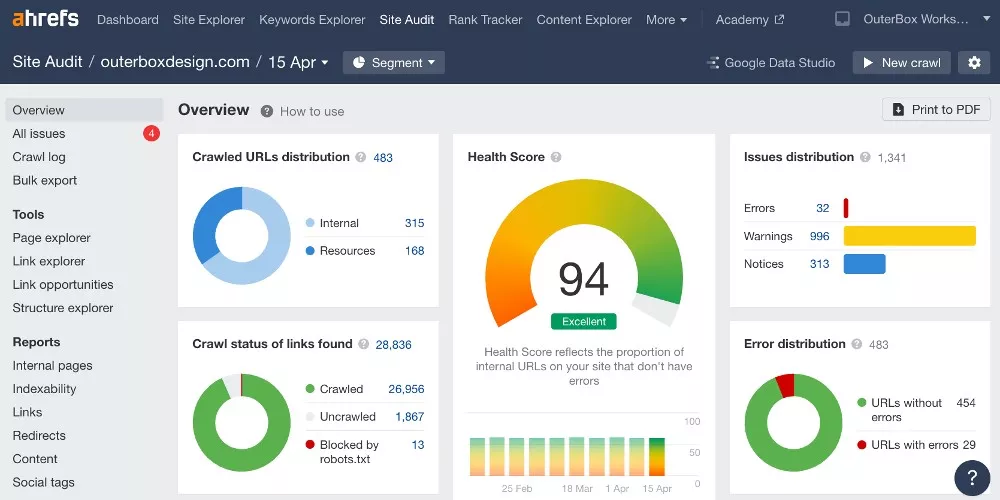
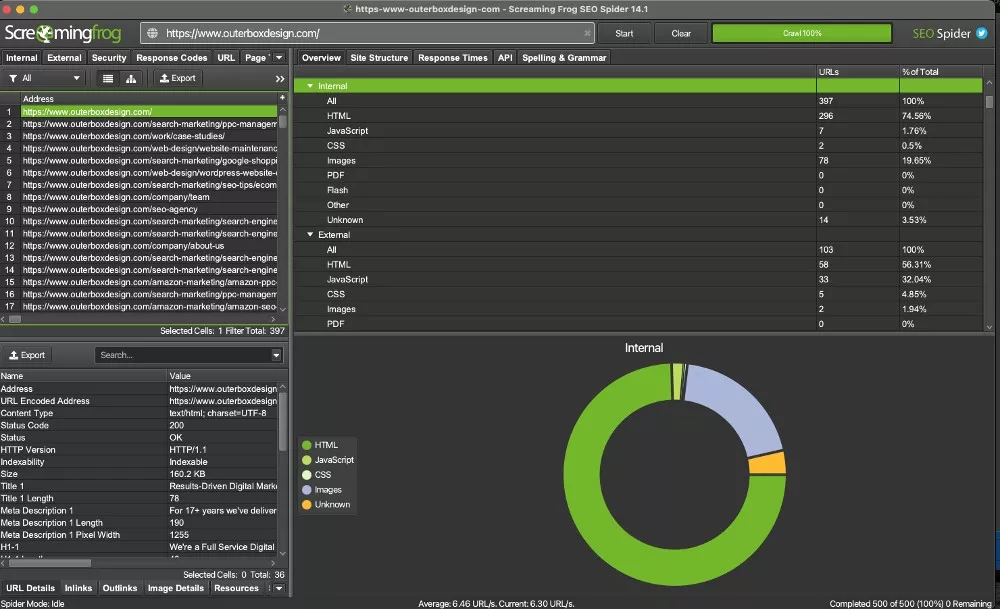
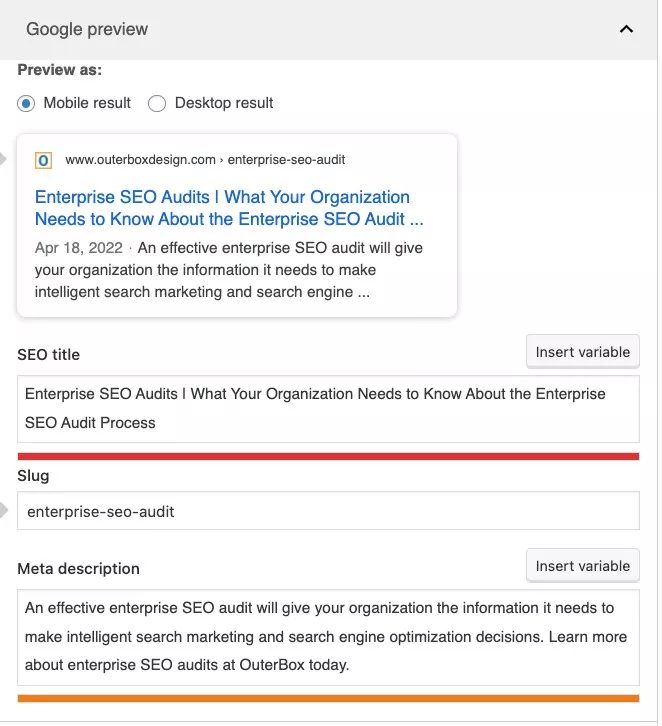
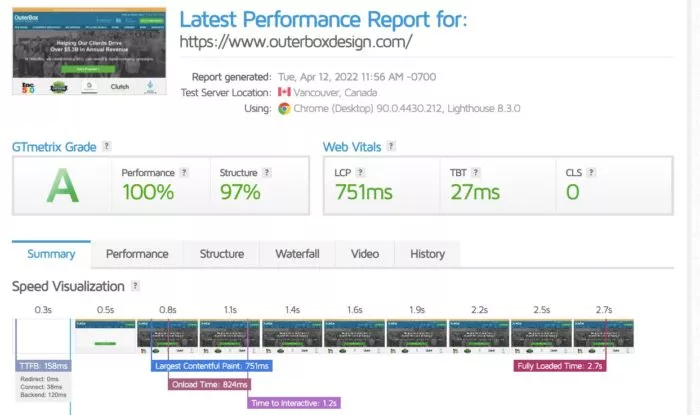
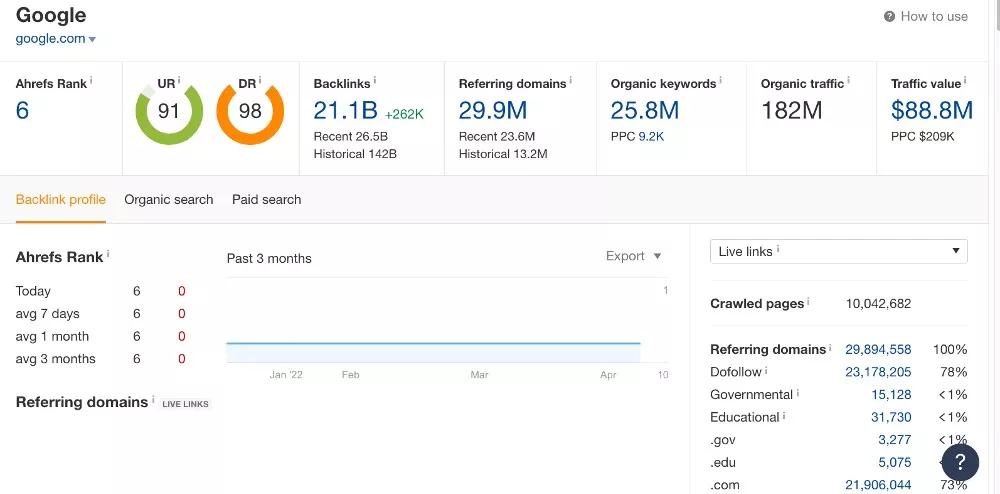
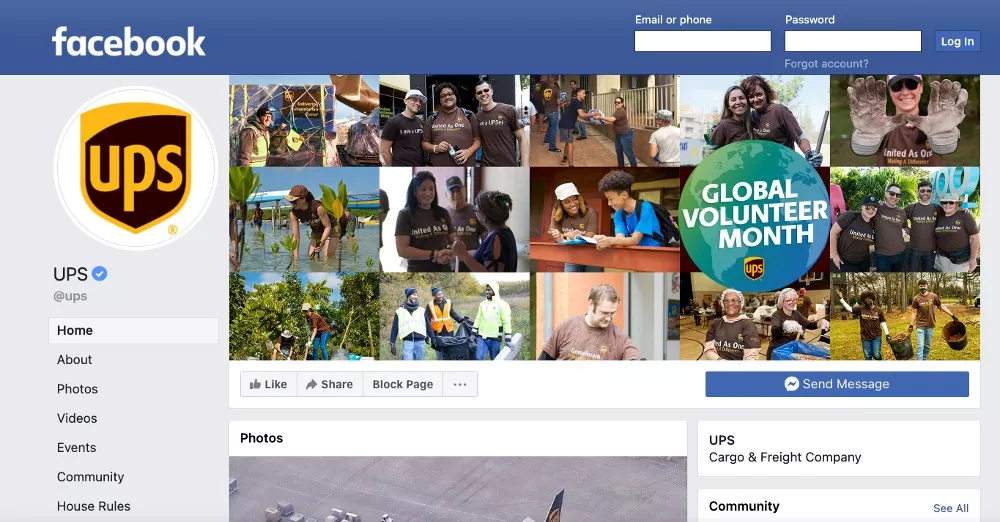
 ?
?
